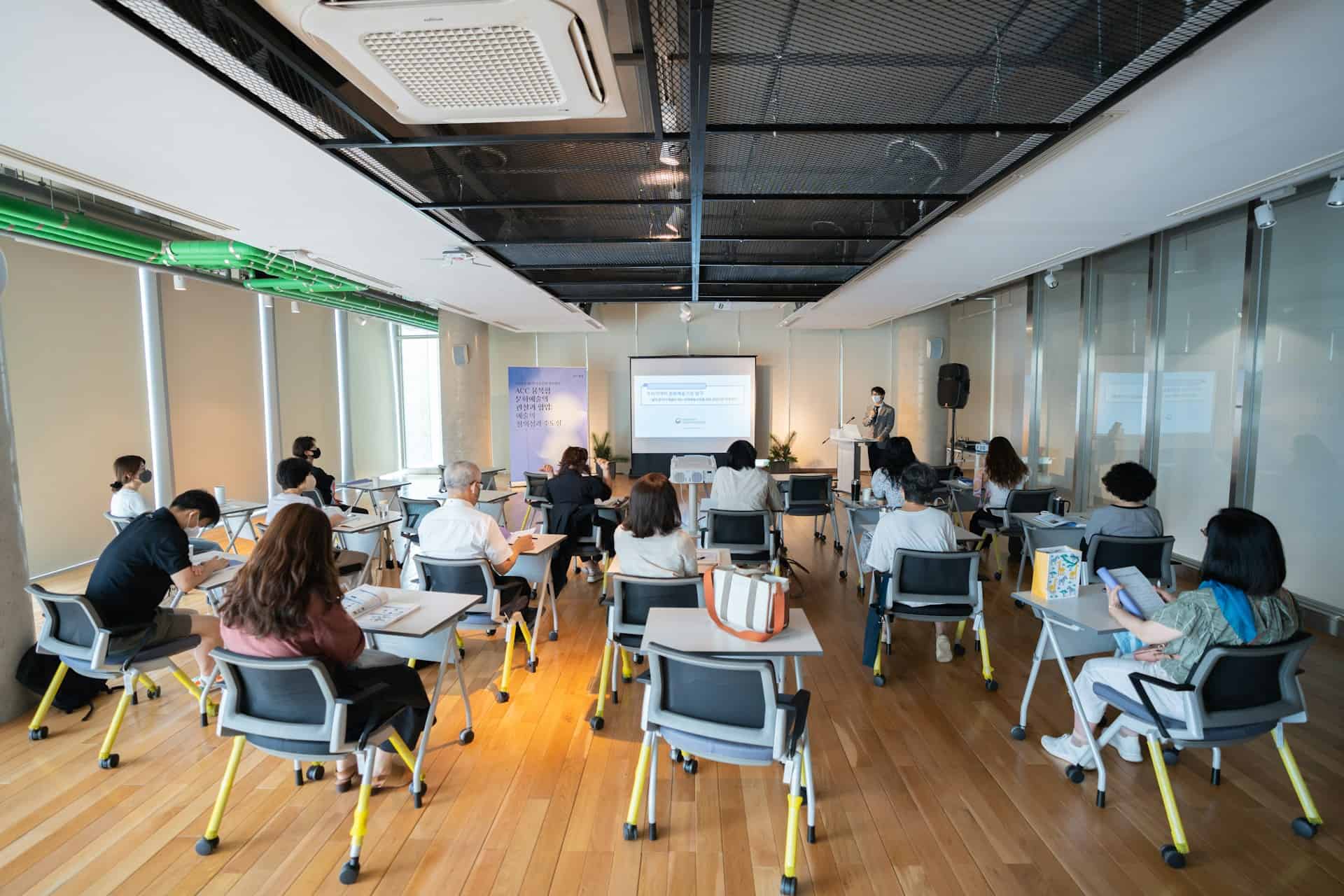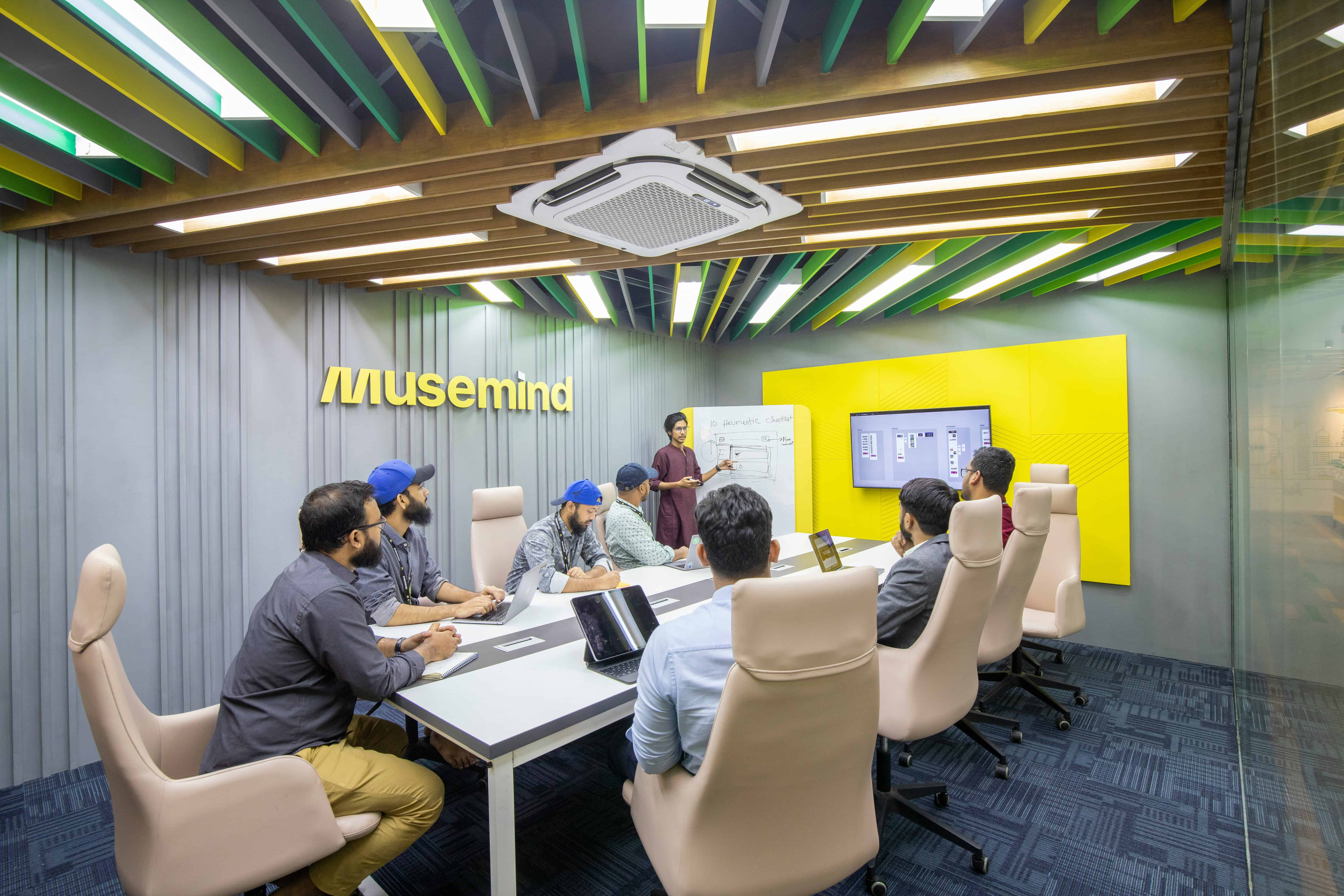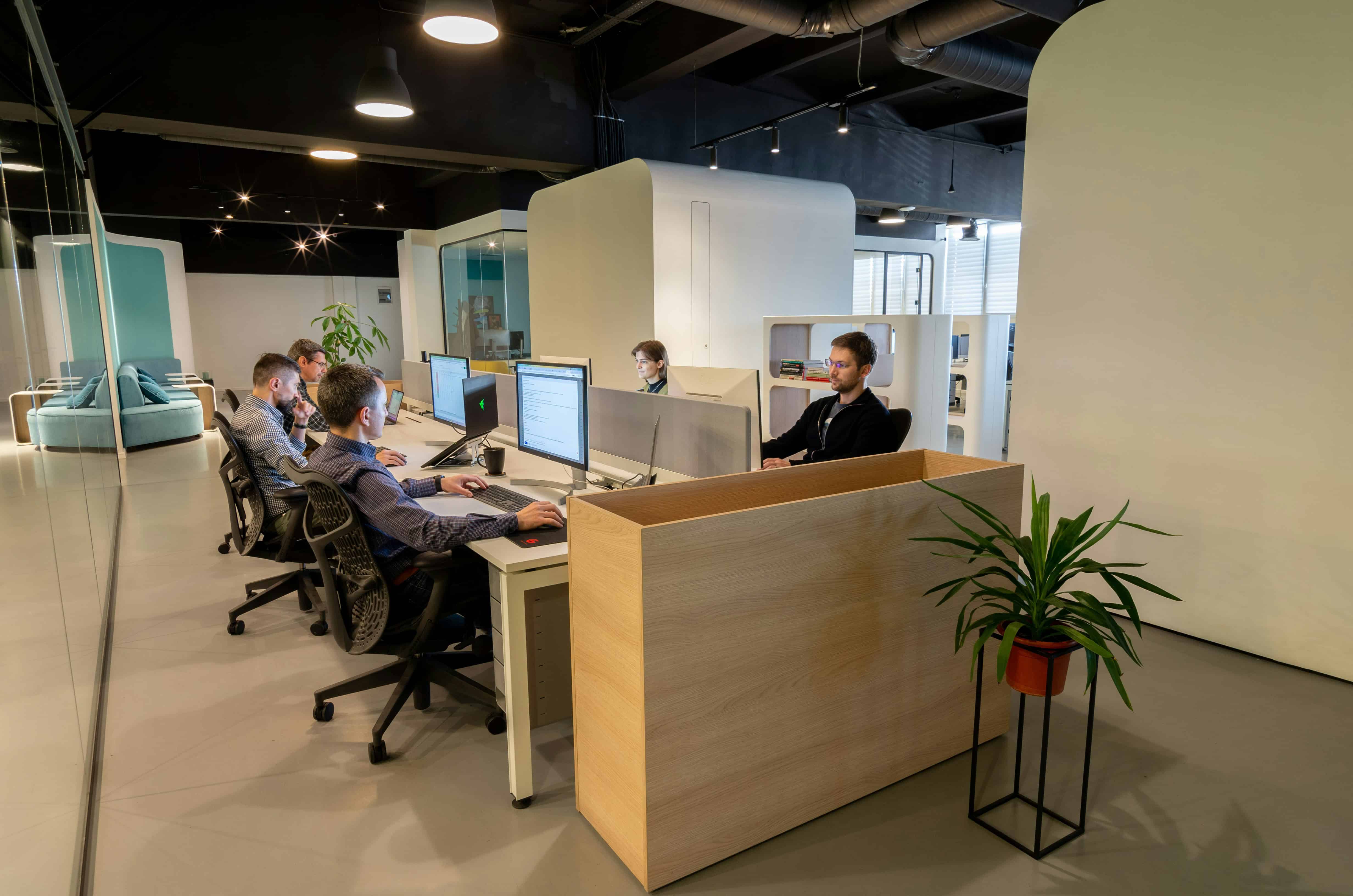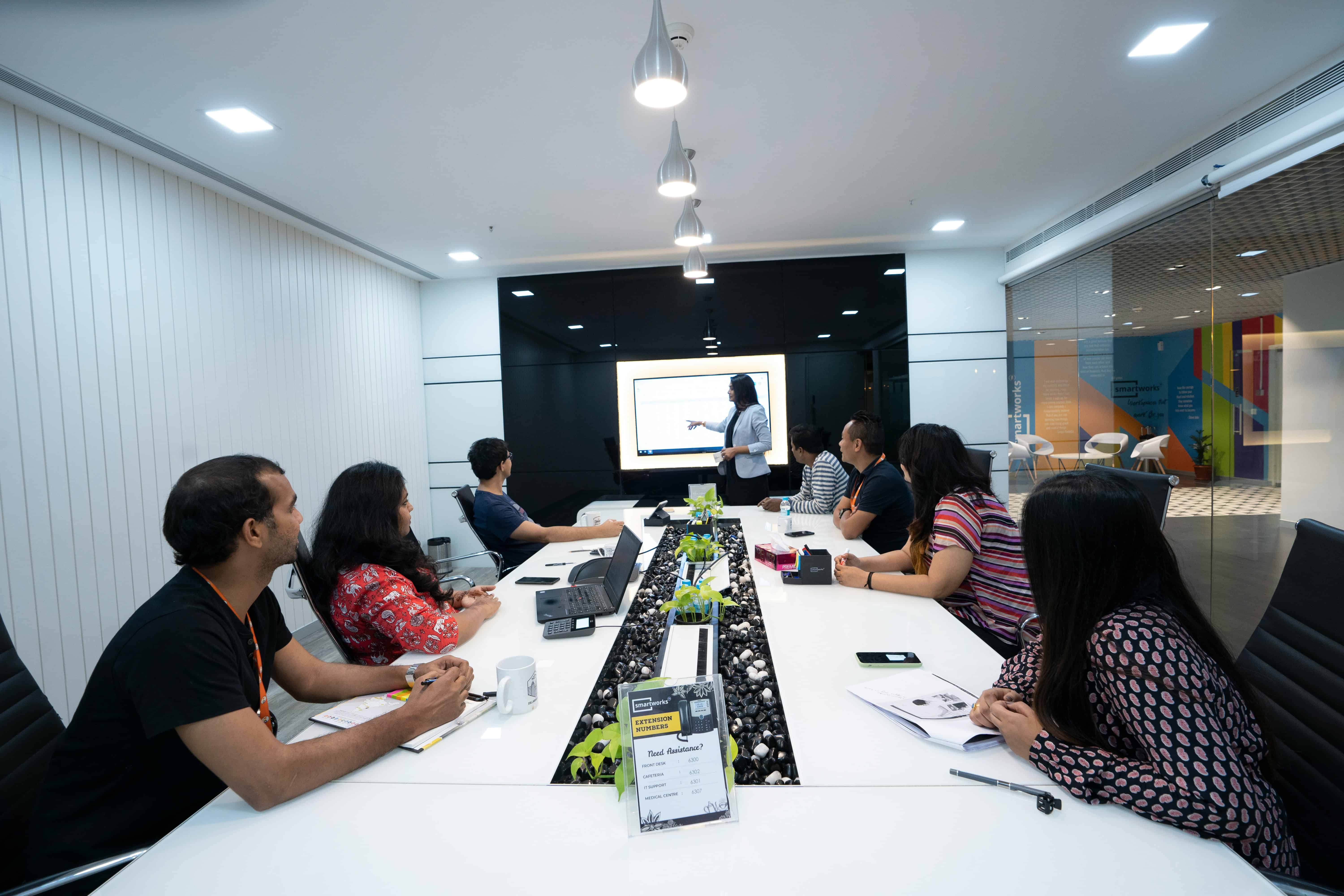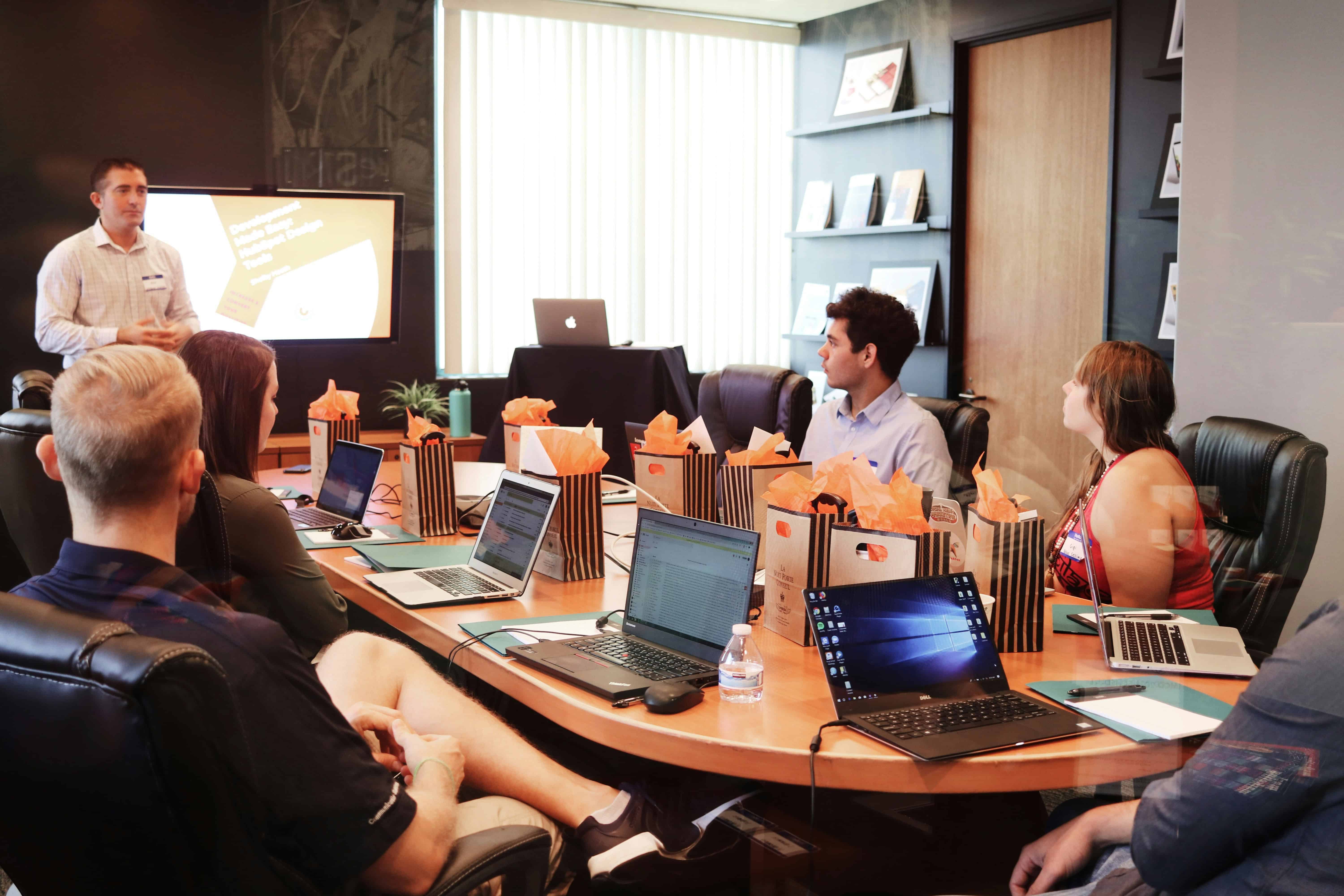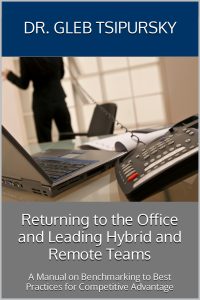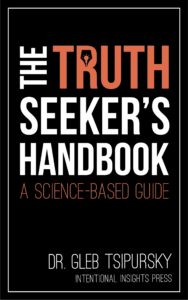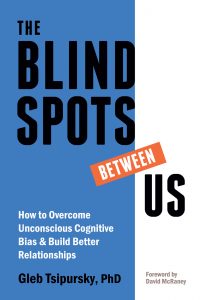When teams coordinate their own in-office schedules around project needs and shared goals—rather than following top-down mandates—engagement, productivity, and trust all improve.
Gen AI demands a growth mindset and continuous learning for association success. By providing targeted training, real-world application, and fostering experimentation, leaders can empower teams to innovate, improve member value, and enhance organizational efficiency.
Gen AI is quietly transforming fintech by embedding intelligence into real-world workflows—solving systemic inefficiencies and giving inclusive financial startups a decisive edge over traditional finance.
With Gen AI advancing rapidly, the call to “move fast and break things” feels reckless. The public wants caution, not chaos. We need thoughtful regulation, transparency, and inclusion to ensure AI benefits everyone—safely and responsibly.
Successful Gen AI integration starts with strategy, protects brand identity, and empowers people, not replaces them.
Success depends on blending human judgment with machine efficiency, requiring new competencies to supervise and integrate AI tools effectively.
Gen AI productivity is a game-changer for associations—boosting efficiency, empowering volunteers, and enhancing member engagement. But with great power comes great responsibility. Ethical use and smart oversight must guide this transformative shift.
Generative AI is transforming law, and firms must balance innovation with ethics. Those who start small and build AI fluency now will be best prepared for what’s ahead.
Gen AI Agents are reshaping work by autonomously planning, executing, and communicating across systems—freeing humans from repetitive tasks and enabling smarter, faster, and more creative collaboration across every industry.
Trellix’s experience proves that generative AI’s success depends on the quality of the data it’s trained on. Without clean, accurate, and unbiased data, even the most advanced AI systems will fail to deliver reliable results.
Flexibility Without Leadership Is Chaos. Flexible work only succeeds when paired with strong, intentional leadership—otherwise, it leads to misalignment and inefficiency.
The Gen AI Revolution isn’t just about tech—peer mentoring empowers associations to humanize AI adoption, accelerate learning, and build a culture of shared innovation among staff, volunteers, and members.
The Future Is “Human + Machine,” Not Replacement. AI will augment, not eliminate, real estate professionals. The focus is on enhancing performance and redefining work—not just automating it.
The GAO’s 2025 report proves that remote work trumps RTO. Flexible work boosts talent retention, cuts costs, and raises productivity, making it a smarter choice than rigid office mandates.
Hybrid work boosts productivity and wellbeing by reducing distractions, eliminating commutes, and allowing people to work when they’re most focused — leading to higher performance, better morale, and lower turnover.
Gen AI training through hands-on workshops transforms associations—equipping staff and volunteers with practical skills, sparking innovation, and turning AI from a buzzword into a mission-aligned tool for impact.
Uber’s progress with Gen AI is fueled by a culture of psychological safety, shared learning, and collective growth—not just cutting-edge tools.
Rapid AI adoption is turning recession pain into profit—facing shrinking GDP and rising tariffs, companies are using generative AI to cut costs, boost productivity, and build a lasting competitive edge.
Creating a culture of curiosity through low-pressure, structured exploration of generative AI—starting with simple conversations like lunch-and-learns—can drive meaningful, safe, and lasting innovation.
Using a phased rollout as a Gen AI tactic helps associations adopt AI effectively, starting small, learning fast, and scaling smart to empower staff and volunteers while aligning with mission-driven goals.
The Gen AI revolution is reshaping industries, offering transformative potential. Companies must embrace innovation, educate employees, and address ethical risks to unlock creativity and thrive in this new era of AI-driven possibilities.
Upwork views Gen AI as a transformative force, not just a tool—reshaping productivity, work structures, and talent engagement.
How can Gen AI transform associations? By automating routine tasks, it frees up staff and volunteers to focus on strategic, human-centered work that drives member value and industry impact.
Trump’s RTO Mandate was falsely framed as popular—only 43% backed it, but the poll’s numbers were spun and amplified by partisan pipelines posing as trusted local news. Always check the math behind the message.
AI isn’t here to take jobs — it’s here to take the worst parts of them.
Protect yourself from decision disasters by getting our free Wise Decision Maker Course, which includes 8 weekly video-based modules. As a bonus, you'll receive a free copy of our Assessment on Dangerous Judgment Errors in the Workplace when you sign up.



